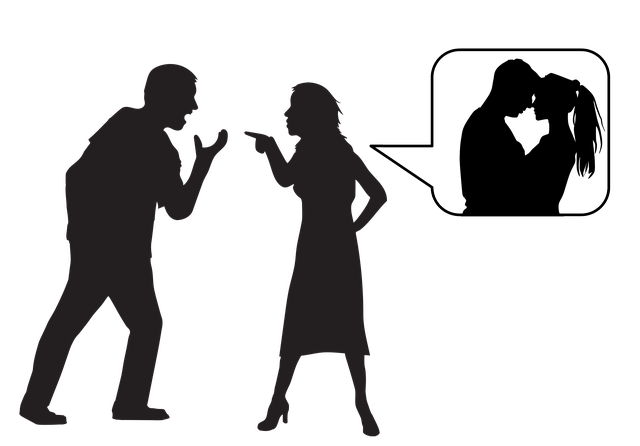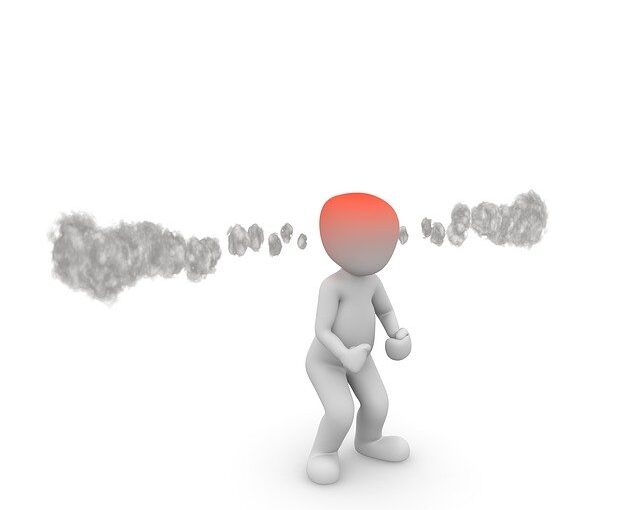by Nathan Chua
New year, new dear? Yes, you can, as a couple, start your relationship all over again! You might be wondering how in the world can I, as a counselor, help you change your partner? Oh he’s been like that for a good part of two decades now! What gives me the audacity to claim I can change your partner? Well, there is a way my friends! And the wonderful thing about it, is it’s up to you, not your partner. Let me tell you how to curtail your long wait.
I don’t want to be the bearer of bad news, but paradoxically, the best way to change your partner is to accept him! Of course I’d be lying if I told you that this was guaranteed. But chances are, if you’re reading this, you’ve already tried many, many ways to change your partner, and they all haven’t worked. In fact, the more you try to change your partner, the more rigid he becomes. Most of the time, you find yourselves stuck in a verbal skirmish that could put to shame some lawyers you know, in terms of the tenacity and adroit argumentation that both you and your partner display.
Let me explain what I mean with an example. If let’s say your partner is not as neat and tidy as you are. You are now exhausted with all the cleaning up to do and the reminders you have to make to help your partner remember to do her side of the bargain. You then come to therapy and learn that these things are better off accepted and can take a long time to change, especially with the way you have been heretofore dealing with the problem. Based on this new understanding or awareness that what you have been doing is part of what keeps you stuck, you start laying off on the reminders and become more accepting of the fact that your partner will be hard-pressed to turn into the neat and tidy person that you want. There is a likelihood that your partner will notice the change in your attitude. You no longer holler and complain as much as you used to. She may notice that and begin to see how hard it is for you to be left alone taking care of house chores. Pretty soon you see her performing some of the chores to please you, precisely because you have accepted her with these differences she brings into the relationship.
Another tip is also to be more noticing of your partner’s efforts to change. If you notice that she has started doing some unexpected cleaning, be mindful enough to show her your appreciation. Give her a smile or a hug or say some encouraging words of appreciation. You’d know more than I do what makes your partner happy. Show her that you’re not missing the forest for the tree…maybe for the first time in a long long while.
Now, do you notice also that in both of these pieces of advice that I just enumerated, who is in control? Is it your partner or you? It is you. You have control over your actions of whether to accept your partner’s differences in the way she keeps her place tidy. You also have control over your behaviors that involve encouraging her by your appreciation.
So creating marriage number two is not about changing your partner, it’s more about changing you! And the most accessible parts of you that can be changed, are those that involve your choices to act. You may feel frustrated and uncomfortable, but in the end you have the option to keep whining and complaining and criticizing your partner, or start the process by coming to accept that certain things are hard to change.
As a summary of what you can keep in mind to help you change the way you have been approaching your relationship or marital concerns, here are some immortal words from Albert Einstein, “We cannot solve problems with the same thinking that we used to create them.”










